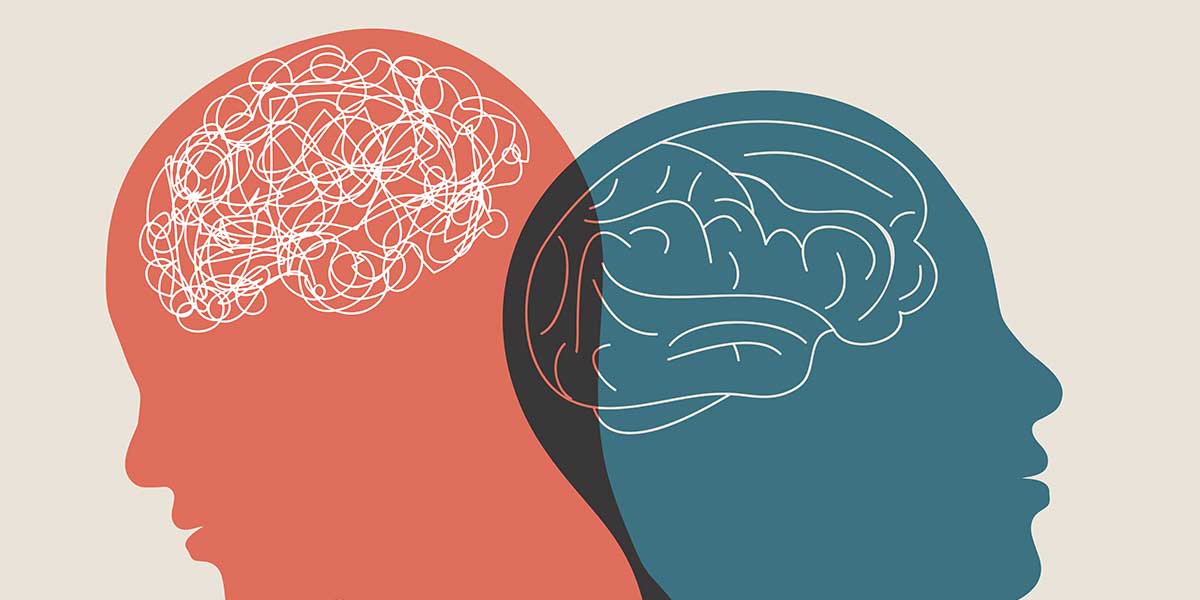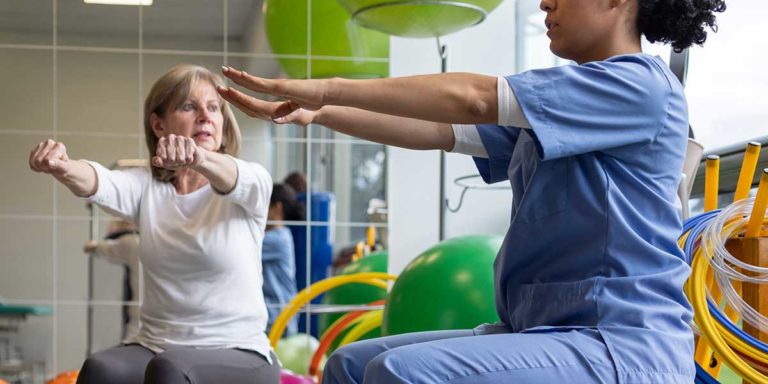Understanding Cognitive Functions After Traumatic Brain Injuries
Traumatic brain injuries (TBIs) can profoundly impact cognitive functions, altering a person’s ability to think, learn, and interact with the world. These injuries can result from car accidents, cardiac arrests, near-drowning incidents, and other traumatic events. At Therapeutic Potentials, we specialize in helping individuals recover and manage the cognitive challenges that often follow TBIs. This blog explores the cognitive functions affected by TBIs, the potential causes, and the strategies we use to support cognitive rehabilitation.
What are Cognitive Functions?
Cognitive functions refer to the mental processes that enable us to perform tasks, make decisions, and navigate daily life. These include memory, attention, problem-solving, language, and executive functioning skills like planning and organizing. Cognitive functions are essential for learning, social interactions, and independent living.
How Traumatic Brain Injuries Affect Cognitive Functions
Traumatic brain injuries can disrupt cognitive functions in various ways, depending on the severity of the injury and the areas of the brain affected. Here’s a closer look at some of the common cognitive challenges individuals may face after a TBI:
- Memory Impairment: Memory loss is one of the most prevalent cognitive issues following a TBI. This can include difficulty recalling recent events, learning new information, or remembering important details from the past.
- Attention and Concentration: Many individuals experience difficulties with sustained attention and concentration. This can make it hard to stay focused on tasks, follow conversations, or complete daily activities.
- Problem-Solving and Decision-Making: TBIs can impair the ability to think critically, solve problems, and make sound decisions. This can impact everything from simple daily choices to complex reasoning tasks.
- Language and Communication: Some TBIs affect language skills, leading to trouble finding the right words, understanding spoken or written language, or expressing thoughts clearly.
- Executive Functioning: Executive functions include planning, organizing, managing time, and controlling impulses. TBIs can disrupt these skills, making it difficult to maintain structure and manage everyday responsibilities.
- Processing Speed: After a TBI, the brain may work more slowly, making it harder for individuals to process information quickly. This can affect their ability to respond promptly in conversations or make quick decisions.
Causes of Traumatic Brain Injuries
TBIs can result from various incidents, including:
- Car Accidents: Sudden impact or whiplash can cause the brain to move violently within the skull, leading to damage in multiple areas.
- Cardiac Arrest: Lack of oxygen to the brain during cardiac arrest can result in anoxic brain injury, affecting cognitive functions.
- Near-Drowning Incidents: Like cardiac arrest, near-drowning can lead to oxygen deprivation, resulting in brain damage that affects cognition.
- Falls and Blows to the Head: Any impact that jars the brain can lead to a TBI, affecting the brain’s ability to function normally.
Strategies for Cognitive Rehabilitation at Therapeutic Potentials
Cognitive rehabilitation is a critical part of recovery for individuals who have experienced TBIs. At Therapeutic Potentials, our approach is tailored to each person’s unique needs, focusing on rebuilding cognitive skills and promoting independence. Here are some of the strategies we use:
- Cognitive Therapy: Individual therapy sessions target specific cognitive challenges, using exercises and techniques designed to improve memory, attention, and problem-solving skills.
- Compensatory Strategies: Teaching compensatory techniques, such as using calendars, alarms, and checklists, helps individuals manage daily tasks and remember important information.
- Technology-Based Interventions: Utilizing apps and computer programs designed to enhance cognitive skills can provide engaging ways to practice and improve cognitive functions.
- Environmental Modifications: Adjusting the living or work environment to reduce distractions and simplify tasks can support better cognitive functioning and reduce frustration.
- Supportive Counseling: Addressing the emotional impact of cognitive challenges is also essential. Counseling helps individuals cope with the changes in their abilities and maintain a positive outlook on their recovery journey.
- Family Education and Support: Involving family members in the rehabilitation process ensures that they understand the cognitive changes their loved ones are experiencing and can provide the necessary support.
Cognitive functions are central to our ability to live fulfilling and independent lives. Traumatic brain injuries can disrupt these functions, making recovery challenging but not impossible. At Therapeutic Potentials, our expert team is committed to guiding individuals through cognitive rehabilitation, using evidence-based approaches to help them regain their skills and rebuild their lives. Contact us today for more information.







